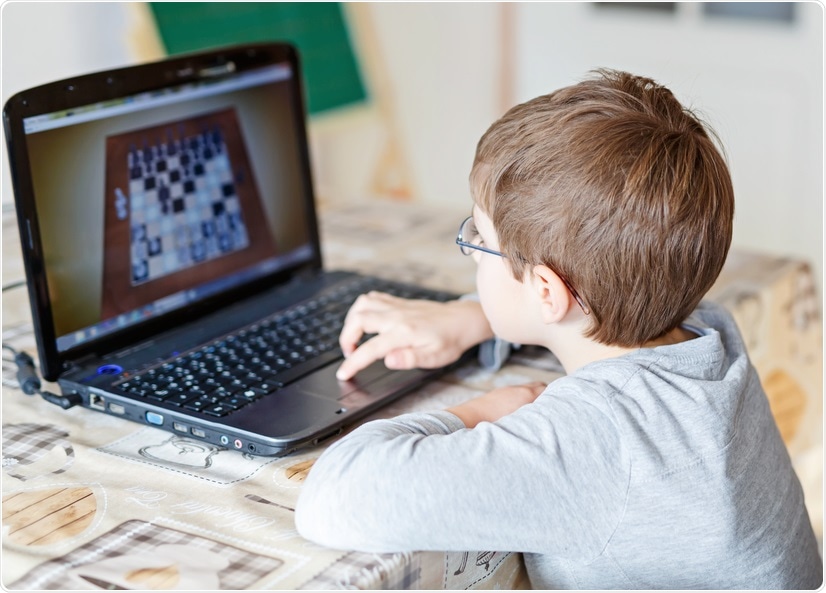The American Academy of Ophthalmology has provided evidence that they hope will arm parents with knowledge about the rising level of eye strain seen among children who spend too much time on computer screens.
 © Romrodphoto/Shutterstock.com
© Romrodphoto/Shutterstock.com
It is hoped that the study will separate fact from fiction for parents, so they can make informed decisions about their children’s eye health.
Since 1971, the incidence of eye strain or myopia has doubled in the U.S. and in Asia, up to 90% of teenagers are near-sighted. However, researchers have not yet been able to agree on precisely what is causing the problem.
The current study, which has recently published in Ophthalmology, now provides evidence that the increase in myopia incidence is at least partly due to near-work activities, whether they involve digital screens or books. The study also showed that spending time outside can slow the progression of myopia, particularly during early childhood.
While it is still not clear whether excessive screen use is responsible for the rise in near-sightedness, it is clear that the majority of computer users do develop digital eyestrain, whether they be children or adults.
The symptoms of myopia are usually temporary, although they can be frequent and persistent, but the American Academy of Ophthalmology says this does not mean children need to be prescribed computer glasses; rather it means they should take frequent breaks from the screen.
Some recommendations for parents who are concerned about their child’s eye health include encouraging children to:
- Set a timer to remind them to take breaks
- Alternate e-book reading with traditional book reading and look up from an e-book every two chapters
- Look out of the window for 20 seconds after completing a computer game level
- Avoid using the screen in brightly lit areas where screen glare can cause strain
- Adjust the screen brightness and contrast until it is comfortable to view
Spokesperson for the American Academy of Ophthalmology, K. David Epley, advises teaching children better habits rather than supplying them with glasses that will enable them to consume even more digital media: "If you run too far and your legs start hurting, you stop. Likewise, if you've been reading too long or watching videos too long, and your eyes start hurting, you should stop."